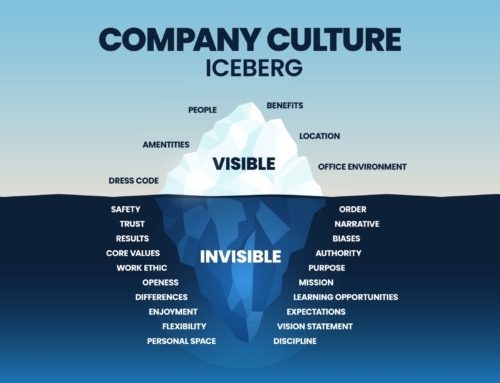There have been a lot of great leaders, who under the most demanding circumstances have shown amazing resilience. From Martin Luther King, to Nelson Mandela, or Gandhi, their stories are well known. But there are just as many failures in history, where leadership was not resilient, and the greater group suffered, sometimes greatly.
So, what is resilient leadership?
When all seems lost, when the chips are down, when there seems to be no way forward, when it seems there are no good options left, there are characteristics your team look to you for to keep them positive and moving forward?
This is the raw edge of leadership, almost anyone can step into a leadership role when things are going great, when circumstances make a turn for the worst, that is when the real leaders can and do step up.
There are some genetic traits that preposition someone for greater resilience under stress, but that doesn’t mean all of us cannot develop some skills to better prepare us.
When we think of resilience in leadership, we see:
- Calmness, clarity, and conviction
- Leadership from Strength
- Strong emotional regulation
- Physical presence
- Perseverance, the ability to continue
So, your resilience needs to be much more than personal traits, your ability to demonstrate resilience is essential to positively influence your team or group, your resilient behaviour will reflect on how resilient the group is. Your actions and behaviours will be observed closely, so authenticity is key. Leadership is about maintaining strength and direction when all about things are falling apart.
What are 7 things you can do to develop Resilient Leadership?
- Develop and practice powerful communications – communicate your intentions to others with a goal to generating understanding and engagement
- Seek feedback – don’t let your ego get in the way, strive to continually learn from others
- Actively develop strong and trusting relationships – become a student of people, develop your EQ and practise building strong teams, loyalty is the key
- Be open to new ideas and be prepared to take risks. “What got you here, won’t get you there”. Embrace creativity and try new ideas.
- Take the time to develop the people around you, resilience is needed when things have failed, having people around you that have learned from past experience and understand the problem-solving process can assist you
- Be a Champion of Change – Nothing stays the same, having a mindset of agility and flexibility builds strong resilience
- Be decisive – decisions must be made, gather the facts and commit to the best decision allowed given the circumstances, this keeps things moving forward. If new information comes to light, change direction, but make decisions, self-doubt is not an option.
This list of 7 attributes or practices are all within our capability and capacity, we can all focus and learn to developing them in our day to day lives. Resilience means not giving in, but that’s internal to you, how and what you demonstrate in resilience to those around you moves your internal resilience to the external realm becoming Resilient Leadership. Having internal resilience is not always enough, being able to translate that for those around you when things go wrong, or unexpectedly, is what makes a great leader.
About the Author

Peter James is a professional career coach, with expertise in the areas of strategic and ‘hands-on’ change management, coaching, group facilitation, leadership development and organisational design and change. Peter James is director at Career Life Transitions.














Dr Susan Roberts says: